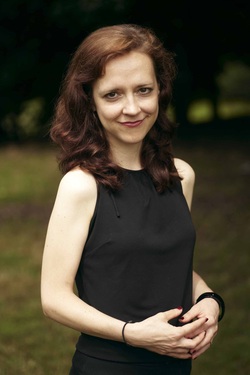
THE FEVER, Megan’s seventh novel, is available now!
A devotee of film noir and classic noir fiction, Megan Abbott began her writing career with THE STREET WAS MINE, a non-fiction analysis of the genre. She then turned to fiction and created an unforgettable quartet of hardboiled novels — DIE A LITTLE, THE SONG IS YOU, QUEENPIN, and BURY ME DEEP — that evoke the pulp fiction of old, while telling dark tales with a fresh new voice. Indeed, Laura Lippman calls Megan “one of the most exciting and original voices of her generation.” An Edgar Award winner for Outstanding Fiction, Megan’s work has won or been nominated for all the major prizes in literary crime fiction and TIME magazine called her one of the “23 Authors We Admire.”
Megan soon brought her noir sensibilities and considerable talent to a more contemporary setting in THE END OF EVERYTHING, a breathtaking coming-of-age thriller often cited as one of the best books of 2011. The following year, she further explored the dark world of adolescent girls, this time in the ultra-noir setting of varsity cheerleaders in DARE ME (another frequent "best book" pick).
Now Megan is back with THE FEVER, a “chilling story about guilt, family secrets, and the lethal power of desire.” Publishers Weekly called it “a gripping story fueled by the razor-sharp treachery, jealousy, hormones, and insecurities of teenage girls.” The Los Angeles Times calls THE FEVER “masterful.” And none other than my friend Jodi Picoult raves that the book is “impossible to put down.” In other words, THE FEVER is the perfect summer read -- and an excellent choice for your book clubs.
A native of Michigan, Megan Abbott is a graduate of the University of Michigan and received her Ph.D. in English and American Literature from New York University. She has taught courses on the college level and is a frequent speaker at conferences and writing workshops.
I am a longtime fan of Megan’s work and her deft use of history and true crime is a huge influence on my own writing. I finally got to meet Megan face to face a few weeks ago (and yes, she is absolutely delightful in person) and I’m beyond thrilled that Megan Abbott stopped by the blog today to answer a few questions about creativity and her writer’s life in crime.
I’ve always written and even more so, I’ve always been a compulsive reader (and I love reading best), but I never had a distinct moment when I just knew. Maybe it’s yet to come!
Who or what inspired you as a kid or teenager?
Books (classics, pulp, true-crime, Southern Gothic, you name it) and old Hollywood movies (gangster movies, screwball comedies, melodramas). And my parents, both writers and both endlessly curious people. Also: Archie comic books.
What creative work most recently inspired you?
The Maid’s Version by Daniel Woodrell and Harmony Korine’s Spring Breakers.
The most underrated creative (writer, musician, artist) is …
I’ll go with Woodrell again. He’s very highly rated but should be rated a thousand times more. Same with Jack Pendarvis, brilliant short-story writer, novelist, TV writer (Adventure Time), essayist.
In moments of self doubt, how do you push through?
Mostly, I don’t know what else to do. So I keep going. That, and the occasional cocktail.
Have you ever abandoned a creative project?
Countless. You can’t know until you’re in it. And sometimes you lose your way. I started my novel The End of Everything when I was twenty-three, abandoned it, and picked it up more than ten years later and finished it.
Which of your works comes closest to the way you heard/saw it in your head?
They always change, they really do. That’s part of the mystery and excitement of the process.
What was the best creative advice you ever received?
From the wonderful writer Wallace Stroby, quoting Harry Dean Stanton: “Whatever you do … is right.”
My favorite fictional character or hero is …
Raymond Chandler’s Philip Marlowe.
The next book on my reading pile is …
An advance copy of Sophie Littlefield’s The Missing Place. It looks great.
The book I really should have read by now is …
So many! Let’s go with Crime and Punishment.
Does The Great American Novel exist (yet)? If so, what is it?
There’s been so many of them: Gatsby, Beloved, American Pastoral, Invisible Man. There couldn’t be just one. America is a complicated place.
What creative work might we be surprised to find on your shelf, iPod, or TiVo?
On my DVR I have many, many episodes of The Real Housewives of Beverly Hills.
Facebook and Twitter: friend or foe to a creative?
Both.
In addition to writing, how do you express your creativity?
I’m a compulsive Instagrammer. I love taking pictures of strange and beautiful things.
The most difficult thing about the life of a creative is …
Isolation required.
For such a nice person, you seem drawn to some truly dark tales. What are some true-crime stories you find fascinating?
All of them. Many of my books are based on real-life crimes. There’s several cases that linger with me the most: Black Dahlia, Zodiac, Jeffrey MacDonald (the case immortalized in Fatal Vision). Recently, the Amanda Knox and Casey Anthony cases. But mostly it’s seeing these tales rendered in expert writerly hands, like Robert Kolker’s superior non-fiction book last year, Lost Girls.
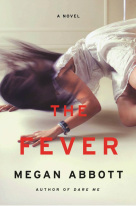
Go catch THE FEVER and find out why THE INDEPENDENT just called Megan "the best writer of contemporary thrillers working today." And check out Megan’s other terrific work — DIE A LITTLE and THE END OF EVERYTHING are personal favorites, along with her short story “THE GIRL” (found in a tie-in collection for the L.A. NOIRE video game. Yes, Megan Abbott is everywhere. As it should be.)
For more, look for Megan on Facebook, twitter, and over at her website. Go!
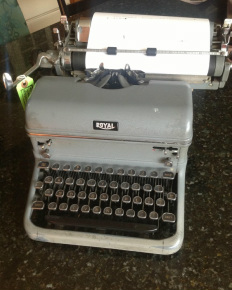
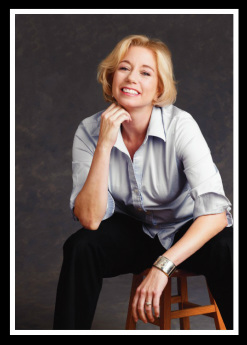
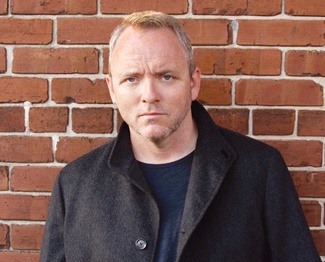
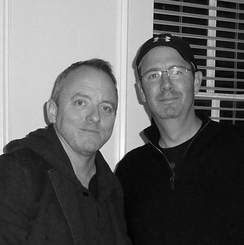
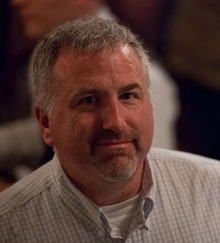

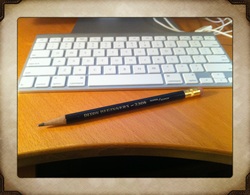
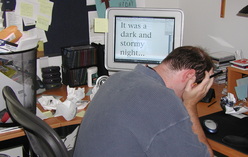
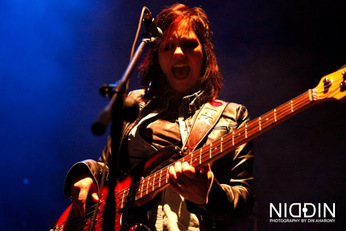
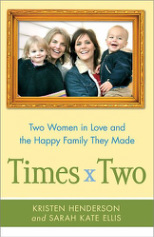
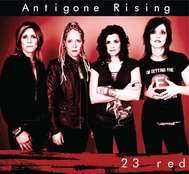
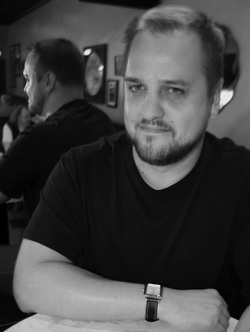
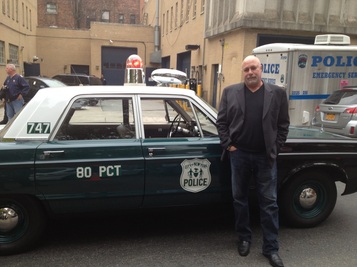
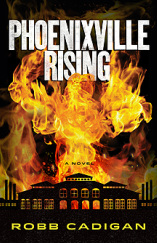

 RSS Feed
RSS Feed
